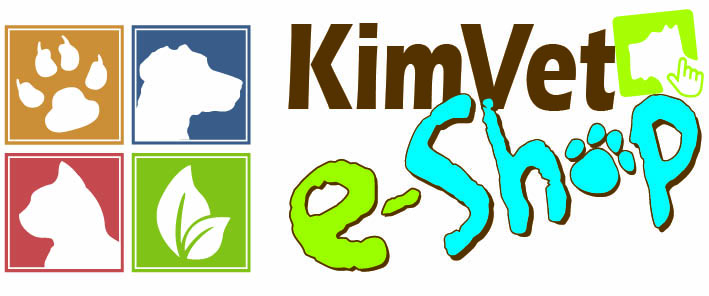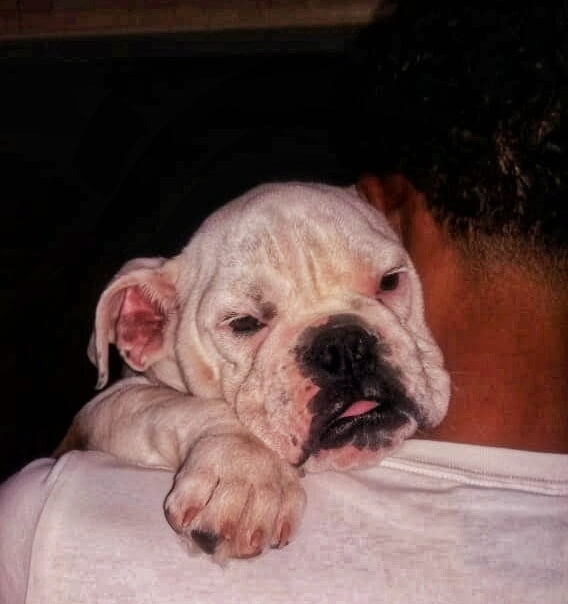This little bundle of joy is Sugar.
Baby Sugar is another survivor of one of the deadliest diseases among puppies all around the globe – Canine parvovirus.
What Is Canine Parvo Virus (CPV)?
Canine parvovirus, or Parvo, is a highly contagious viral disease in dogs. While mostly seen in puppies from the ages of 2 – 6 months that aren’t adequately vaccinated, we have seen quite a few older canines. One was as old as 11 years, that have fell victim to this awful virus, whether vaccinated or not.
Parvo causes severe diarrhoea, sometimes with blood, vomiting, severe dehydration, weakness and lethargy.
Once your pup has been infected with this virus, it takes a few days for it to make its way to where it wants to be, the fast dividing cells. This is primarily the gut and the bone marrow, but in very young puppies the virus can even affect the heart muscle!
The intestine is where parvo causes the most damage, destroying the epithelial layer of the gut and preventing new, healthy epithelia from forming. By preventing the replacement of the old and dying cells, the virus leaves the intestinal surface unable to adequately absorb nutrients, the gastrointestinal tract cannot prevent fluid loss, or prevent bacteria from moving from the gut into the body. This is why these puppies dehydrate so rapidly and acquire many secondary bacterial infections on top of the initial virus.
What Can I Do To Prevent CPV?
There is no cure for parvo. All we can do is treat the symptoms and manage any secondary infections. In hospital we rehydrate the patient, provide adequate feeding, mostly via feeding tubes and treat their severe nausea and diarrhoea.
Unfortunately, very few pups survive this ordeal unless admitted to hospital. And even then the odds aren’t always on our side.
The survival rates for in-house patients on drips and with intravenous medication is barely over 75 – 80%. If they are taken home for treatment, this number drops to well below 50%.
Preventing CPV:
The only way to properly fight this virus, is to vaccinate your pets. While vaccines may not completely prevent your dog from getting parvovirus, it does decrease the severity of clinical signs dramatically. This means that those one or two or three vaccinations you got for your pet is literally the difference between life and death.
Getting rid of parvo in the environment proves just as difficult as treating it.
This small virus is extremely hardy and can survive in your environment for months after exposure. In some cases even years. It survives through the harshest winters and thrives in the summertime. It is nearly impossible to get rid of it once it has been introduced onto your property. Parvo is transmitted via many different routes, including on clothing or shoes.
Sugar is one of the lucky ones. She was admitted to hospital for almost 2 weeks.
The standard vaccination protocol for puppies is as follows – They get their first vaccination at 6 weeks, their second at 9 weeks, their third at 12 weeks with their first rabies booster and then at 14 weeks they get their last puppy vaccination. Thereafter they need yearly boosters.
For more information on puppy vaccinations, see our blog: https://kimvet.co.za/canine-vaccinations/
The kindest thing you can do for your puppy is to protect them from harm. Vaccines save lives.


